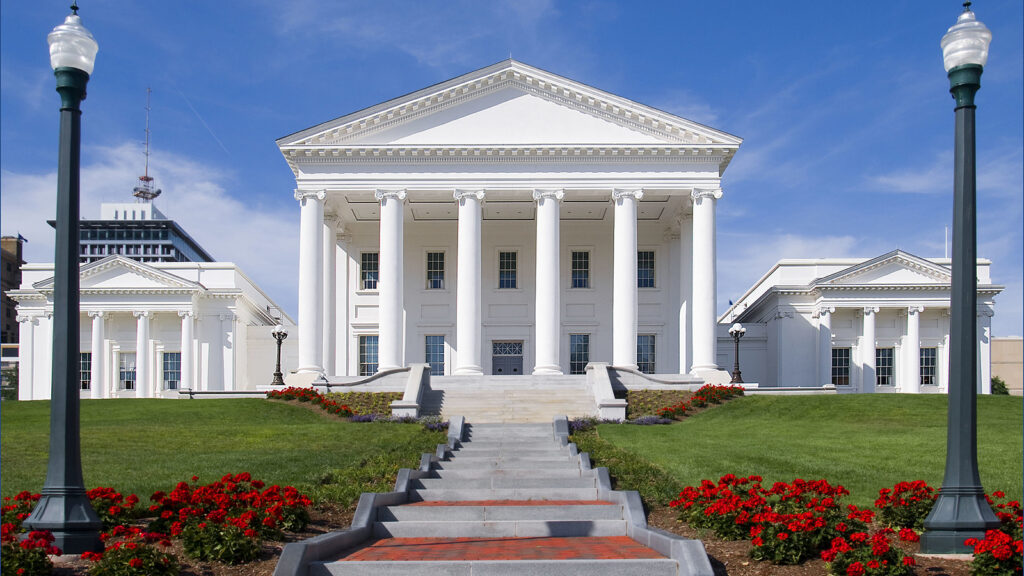In 2018 and 2019, Virginia suffered through one of its wettest periods in history. Richmond had 190 days of measurable precipitation and a record-setting 63.5 inches of rain in 2019.
For those who manage biosolids – either at the municipal facility or by recyclers and contractors, excessive rainfall impacts can result in operational challenges and restrict a plant’s ability to process that water. Biosolids is a byproduct of the wastewater recycling process. They are generated every minute of every day, regardless of weather conditions. Biosolids are rich in organic matter and nutrients and can be applied as a soil amendment to farmland and cultivated forests. In Virginia, it’s a safe and common and longstanding practice. Providing biosolids to farmers who choose to use it on their lands or forests is considered the best management option for virtually all of the Council’s members.
The state’s Biosolids Regulations restrict the type of crops that can receive biosolids, the timing of application, soil conditions, and establish other parameters to ensure safe use. During the period in 2018-19 it was not possible to land apply the biosolids during the normal application periods.
To better prepare for events like our members experienced, the VBC initiated the development of legislation that would require VA DEQ to adopt regulations that include procedures for addressing administrative, staging, signage, and additional on-site and alternative storage site requirements when routine and on-site storage facility capacity and holding times are anticipated to be exceeded to protect against the release of biosolids into state waters. It would establish a regulatory advisory panel consisting of certain stakeholders for the purpose of assisting the Board in developing the regulations as required by the bill. This will allow Council members to have a pre-approved plan for dealing with excess biosolids during major weather events.
House Bill 870 passed the House floor on January 30, 2024, 100-0.
